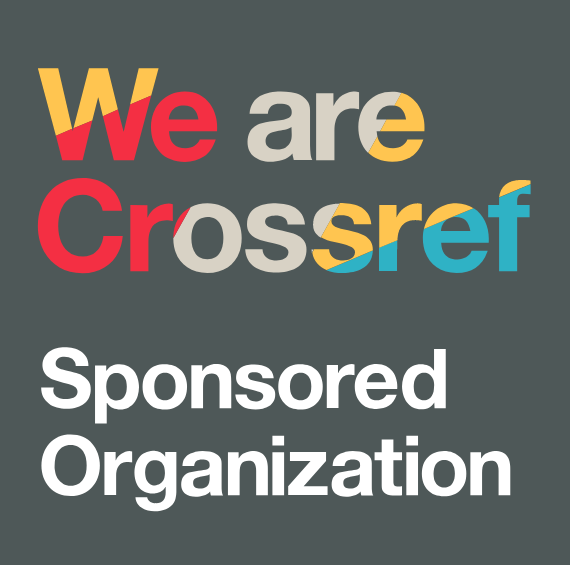The Influence of Generative AI on Content Creation and Consumer Trust in Global Markets
DOI:
https://doi.org/10.38035/5wz36z46Keywords:
social media marketing, digital marketing, system information, content creator, Artificial Intelligence, managementAbstract
The rapid integration of generative AI in digital marketing has transformed content creation and consumer engagement globally. This study investigates the influence of generative AI on content creation and consumer trust in global markets. The research employs a mixed-methods approach, combining quantitative analysis of global marketing campaigns with qualitative insights from consumer surveys and expert interviews. The findings reveal that generative AI enhances content personalization and operational efficiency, leading to increased consumer engagement. However, consumer trust is contingent upon transparency, ethical use, and regional considerations. The study underscores the importance of ethical frameworks and strategic localization to maximize AI's benefits while mitigating associated risks. This research provides valuable insights into the evolving role of AI in global digital marketing, offering a foundation for future studies on AI's impact on consumer behavior and marketing strategies.
References
Chen, X., & Wang, L. (2019). Cultural Influences on AI Adoption in Marketing. Journal of International Business Studies, 50(7), 1123-1145.
Capgemini. (2023). AI in Marketing: Building Consumer Trust through Transparency. Capgemini Research Institute.
Catur Trissetianto, A. (2025). Digital Marketing Strategy at XYZ Bank. Https://Dinastires.Org/DAR/Article/View/1839, 2(Vol. 2 No. 4 (2025): Vol. 2 No. 4 (2025): Dinasti Accounting Review (April-June 2025)), 166–171. https://doi.org/10.38035/dar.v2i4
Euromonitor International. (2025). Global Consumer Trends in AI-Driven Marketing. Euromonitor Reports.
Kumar, V., & Gupta, S. (2021). AI and Consumer Trust: A Global Perspective. Journal of Interactive Marketing, 53, 1-12.
Lee, J., & Park, S. (2020). Transparency in AI-Driven Marketing: Consumer Reactions and Ethical Considerations. Marketing Science, 39(4), 678-695.
McKinsey & Company. (2024). The State of AI Adoption in Marketing. McKinsey Global Institute.
Nguyen, T., & Tran, P. (2022). Human Oversight in AI Content Creation: Balancing Automation and Authenticity. Journal of Digital Marketing, 10(3), 77-91.
Patel, R., & Singh, A. (2023). Privacy Concerns in AI Marketing: A Cross-Country Analysis. Information Systems Research, 34(1), 89-105.
Roberts, K. (2021). The Future of AI in Global Marketing: Trends and Predictions. Marketing Technology Review, 8(4), 33-47.
SAGE Journals. (2024). Ethical Implications of AI in Digital Marketing. Journal of Business Ethics, 165(3), 345-360.
Springer. (2024). Regulatory Challenges of AI in the European Market. Springer Publishing.
Thompson, M., & Garcia, R. (2024). Algorithmic Bias in AI Marketing: Challenges and Solutions. AI & Society, 39(2), 215-230.
Trissetianto, A. C., & Ali, H. (2025). The Role of TikTok in Shaping Gen Z’s Brand Loyalty and Consumer Behavior. 1(2).
UXmatters. (2025). Effectiveness of AI-Generated Marketing Content. UXmatters Journal, 22(1), 15-29.
Wilson, D., & Martinez, J. (2020). Ethical Governance of AI in Marketing: Frameworks and Best Practices. Business Ethics Quarterly, 30(1), 123-140.
Zhang, Y., & Li, H. (2022). The Role of Generative AI in Enhancing Consumer Engagement. International Journal of Marketing Studies, 14(2), 45-60.











